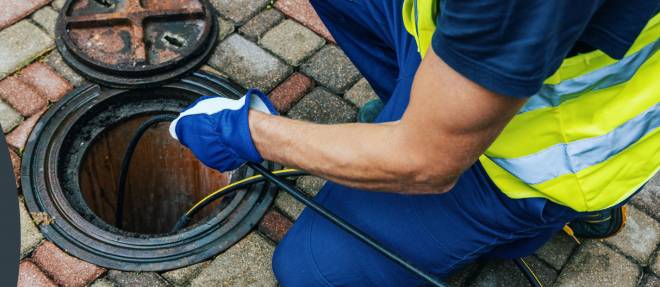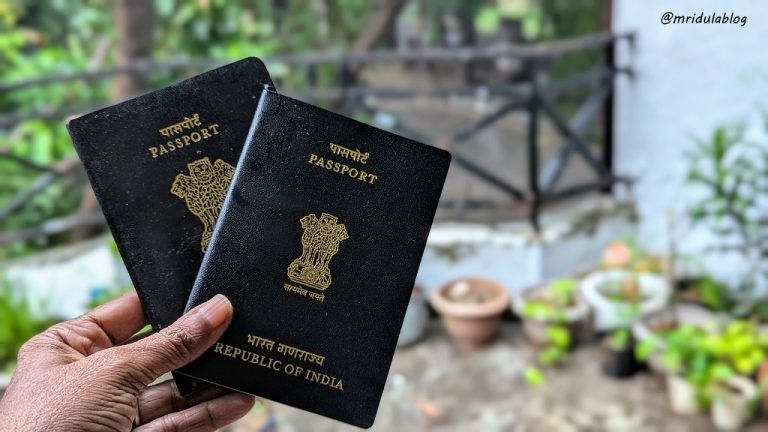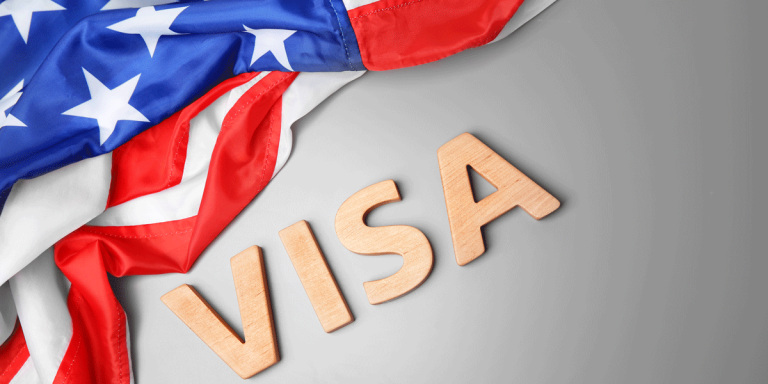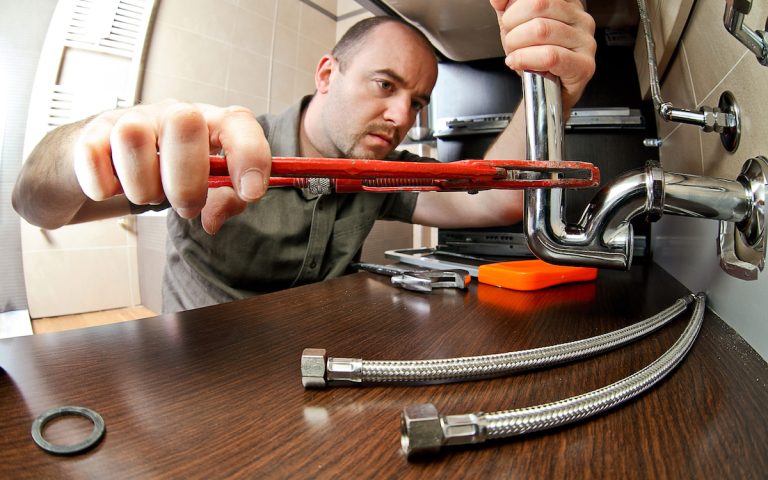When it comes to household maintenance, few issues are as inconvenient and frustrating as a clogged drain. Whether it’s a slow-draining sink, a backed-up toilet, or a foul-smelling drain, blockages can disrupt daily routines and cause significant inconvenience. Fortunately, with the right knowledge and tools, many drain blockages can be resolved quickly and effectively. In this comprehensive guide, we’ll explore the causes of drain blockages, common methods for unblocking drains, and expert advice from London Emergency Drainage to help you tackle any drainage issue with confidence.
Understanding Drain Blockages
What Causes Drain Blockages?
Drain blockages can occur for a variety of reasons, ranging from the buildup of debris and grease to structural issues within the plumbing system. Some common causes of drain blockages include:
- Accumulation of Hair and Soap Scum: In bathroom drains, hair and soap scum can accumulate over time, creating stubborn blockages that impede water flow.
- Food Waste and Grease: Kitchen sinks are prone to blockages caused by food scraps, grease, and cooking oils that solidify and cling to the inside of pipes.
- Foreign Objects: Items such as cotton swabs, dental floss, and sanitary products can inadvertently find their way into drains, causing blockages.
- Tree Roots: In outdoor drains and sewer lines, tree roots can infiltrate pipes in search of moisture, causing obstructions and damage.
Signs of a Blocked Drain
Recognising the signs of a blocked drain early can help prevent minor issues from escalating into major plumbing problems. Common signs of a blocked drain include:
- Slow Drainage: Water draining slowly or backing up in sinks, showers, or toilets.
- Foul Odours: Unpleasant smells emanating from drains, indicating the presence of decomposing organic matter.
- Gurgling Noises: Gurgling or bubbling noises coming from drains when water is draining, suggesting air trapped in the pipes.
- Water Overflow: Water pooling around drains or overflowing from toilets or sink basins.
Methods for Drain Unblocking
DIY Drain Unblocking Techniques
Many minor drain blockages can be cleared using simple DIY methods and household tools. Some effective techniques for DIY drain unblocking service include:
- Boiling Water: Pouring boiling water down the drain can help dissolve grease and flush away minor blockages.
- Plunging: Using a plunger to create suction and dislodge blockages in sinks, showers, and toilets.
- Chemical Drain Cleaners: Commercial drain cleaning products containing chemical solvents can dissolve organic matter and clear minor blockages.
Professional Drain Unblocking Services
For more stubborn or persistent drain blockages, professional assistance may be required. Professional drain unblocking services offer specialised equipment and expertise to tackle even the most challenging drainage issues. Some common professional drain unblocking techniques include:
- High-Pressure Water Jetting: Using a high-pressure water jet to blast away blockages and debris from inside drainpipes.
- CCTV Drain Surveys: Conducting CCTV drain surveys to inspect the condition of pipes and identify the location of blockages or structural damage.
- Drain Rodding: Using flexible rods to manually clear blockages from drainpipes, especially in hard-to-reach areas.
Expert Advice from London Emergency Drainage
Preventive Maintenance Tips
According to London Emergency Drainage, proactive maintenance is key to preventing drain blockages and maintaining healthy plumbing systems. Some preventive maintenance tips recommended by experts include:
- Regular Cleaning: Keep drains clear of debris and buildup by cleaning them regularly with a mixture of hot water and vinegar or baking soda.
- Avoiding Grease Buildup: Dispose of cooking grease and oil in a designated container rather than pouring them down the drain, where they can solidify and cause blockages.
- Using Drain Guards: Install drain guards or strainers in sinks and showers to catch hair, food particles, and other debris before they enter the drain.
Professional Assistance
In cases where DIY methods are ineffective or the cause of the blockage is unclear, it’s essential to seek professional assistance promptly. According to London Emergency Drainage, attempting to tackle complex drainage issues without the necessary expertise and equipment can lead to further damage and costly repairs. By contacting a reputable drain unblocking service, homeowners can benefit from timely and effective solutions tailored to their specific needs.
Conclusion
In conclusion, drain blockages are a common household issue that can disrupt daily routines and cause inconvenience. However, with the right knowledge and tools, many drain blockages can be resolved quickly and effectively. By understanding the causes of drain blockages, recognising the signs of a blocked drain, and employing appropriate unblocking techniques, homeowners can maintain healthy plumbing systems and prevent minor issues from escalating into major problems. Whether opting for DIY methods or seeking professional assistance, proactive maintenance and prompt action are essential for keeping drains clear and flowing smoothly.






+ There are no comments
Add yours